Like many coworking projects, Copass was created out of necessity. Three years ago the coworking membership program, that now has a network of 700 plus individuals and companies around the globe, was born. Since the majority of Copass founders have been involved in the coworking movement since its very beginning, creating a network came naturally. With friends and fellow coworking space owners all over the world, it seemed natural to develop a way for people, not just digital nomads, to easily work from any of the numerous unique spaces around the world.
Sophie Ozdzinski, one of the four Copass founders, spoke with us about what it means to be professional in a time where we can work from anywhere.
Hi, Sophie. Can you please tell us a bit more about what Copass offers to coworkers?
Today we are capable of working from anywhere. Our platform offers freelancers, independents, digital nomads and remote workers the ability to work everywhere. This is the freedom to work across the street, across town, across the country or across an ocean, today. For companies, this flexibility means to go global. We offer startups and firms an elegant solution to their low-overhead, high-flexibility workplace needs. This is the simplicity of one worldwide membership to hundreds of spaces, today.
We still have a lot to achieve and a lot of exciting features to develop – with our recurrent question: Does it make the access to coworking communities easier for our members?
How did you realize that there was real digital nomad community developing that would allow for a platform like Copass to be successful?
Well, when we started Copass we didn’t even focus on the digital nomad community. There actually wasn’t even a name for this community. We’ve developed Copass to answer a need we already had ourselves, and we guessed that there would be more and more people willing to travel and work at the same time. We were right on this prediction!
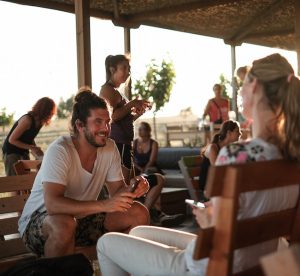
Copass Camp
Our focus is on everyone who needs flexible and enjoyable places to work from. The majority of our users actually use different spaces in the same city and aren’t digital nomads per say. Some do use it in many countries, but this is just a part of our users. We want to facilitate mobility at work and this is not limited to digital nomads.
That being said, the digital nomad community definitely exists today and it keeps on growing at an impressive rate. As a team, are part of this amazing community. We’ve met many people from this movement during the camps we’ve been organizing around the globe. Our camps act as temporary coliving/coworking communities based out of cool places like Lisbon, the Canary Islands, San Francisco, Bali and more…
Copass has been active long enough to see the coworking community grow and change. What are some of the major changes that have taken place?
Soon after we launched Copass, we took part in the Digital Nomad (DNX) Conference in Berlin. Since then, we’ve attended the event multiple times. The last one for us was in Bangkok. The kind of people attending those events has clearly changed a lot over the years. We went from a vast majority of people dreaming of being digital nomads to a vast majority of people actually living the digital nomad lifestyle. We went from an idea to a reality.
That being said, there are different breeds of digital nomads. Some stay more than 6 months in each place and some only stay for a few days or weeks. Some travel full time, others only travel 3 months or less a year. Some have a place they call home, some don’t. What they all share is a desire to explore new places while getting some work done and having the flexibility to work anywhere.

Sophie Ozdzinski
As for statistics, it’s hard to find to find concrete ones concerning the movement. Digital Nomads are hard to define, as they are scattered over the globe and they are pretty independent people who aren’t in a permanent state. I am convinced the vast majority of digital nomads will only be full-time nomads for a small time in their lives. Probably somewhere between 1 and 5 years. At some point, people can get a bit tired of the loneliness or might want to settle down and have a family. Right now, it’s still pretty complicated to combine family and nomadism, although some people do it, it’s still very niche.
Overall, growth in the digital nomad movement is mainly something we all feel and experience, not something that produces concrete numbers. It’s definitely something that would help the movement.
In your opinion, why are coworking spaces so important to the development of remote professional communities?
When you work remotely, you can quickly suffer from loneliness and procrastination. In fact, loneliness and isolation are by far the number 1 problem that digital nomads report. That explains why camps like Copass have been so successful. It’s the best of both worlds.
Working from a coworking space helps remote workers to meet new people, and get their work done in a stimulating environment. Coworking spaces are fantastic gateways to new places where you can quickly meet like-minded people from around the world speaking several languages.
What are some of the current demands of digital nomads today?
The digital nomad movement is at a stage where the term is now being taken seriously. It is intriguing to a lot of people. Some are in a more traditional job and dream of becoming nomads, some run large companies and can see the trend of nomadism and remote work.
How have they created a standard for remote work?
I believe digital nomadism and remote work can be a real chance for companies, especially those who struggle to recruit and retain talents in the younger generation, to grow. From our experience, and for many millennials, being offered the opportunity to work anywhere, at least part time, is a huge advantage. Some say it also is a good way to cut real estate costs for companies, but most of the time new types of expenses like company retreats will diminish this advantage.
What do you see as the potential workplace norm for the majority of employees in the future?
The problem with the word Digital Nomad is that it doesn’t reflect the big trends behind this movement. Not everybody can / wants to / will be a digital nomad. The big trend is that today a lot of work can be done from anywhere on a laptop as efficiently if not more than in a traditional office. This is the real new thing.
Whether people choose to travel the world, settle in the countryside, work from the local café, keep on going to the office is another story. We simply cannot ignore this new fact and organization and individuals can choose to redefine the way they work with this in mind. Offices will stay, but their form will change to match this new reality. Digital Nomadism is simply an extreme and very visible part of this massive change.
The digital nomad community has been criticized as only catering to a more elite class of workers. Do you think that there is a way that remote work could be available to more people?
Becoming a remote worker is not so much a question of prices or revenues, it’s more a question of mindset and opportunities. All professions can’t be done abroad and some never will be. For example, the fact that being a digital nomad is expensive is a total myth. In fact, most nomads are nomads because the money they earn can afford them a much better lifestyle in Bali than in Paris or NYC. With 1500€ in Bali, you can live a very comfortable life, whereas you’ll struggle in Paris.
The limiting factor for digital nomadism is more about who CAN be a nomad, meaning who has the profession and freedom that allows it, and who WANTS to be a nomad. Not everybody wants this lifestyle.

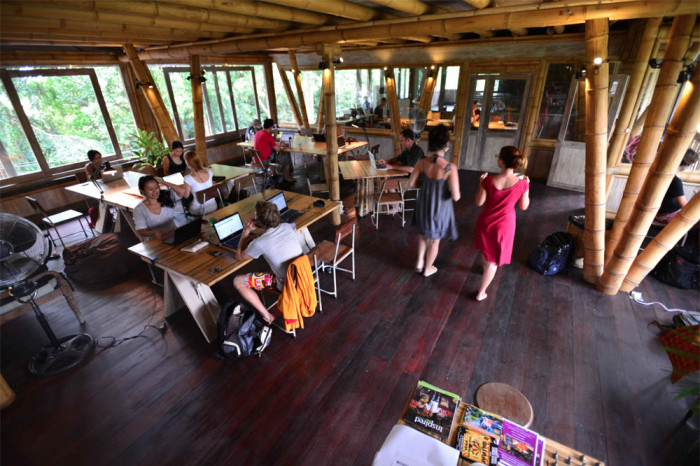
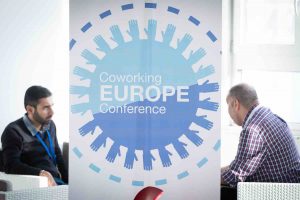
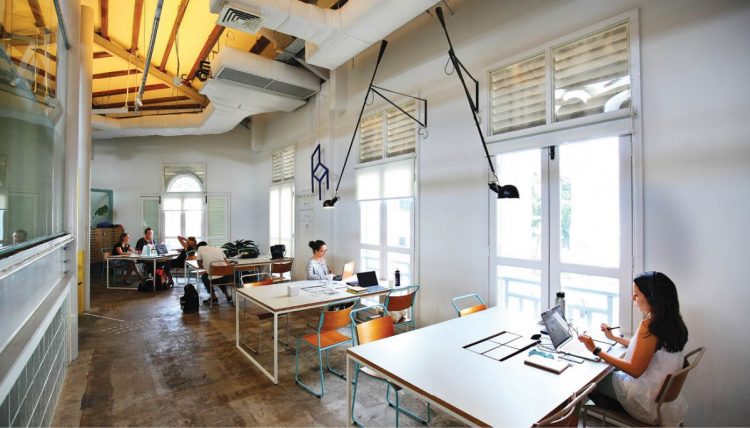
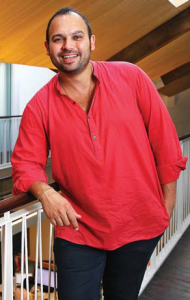
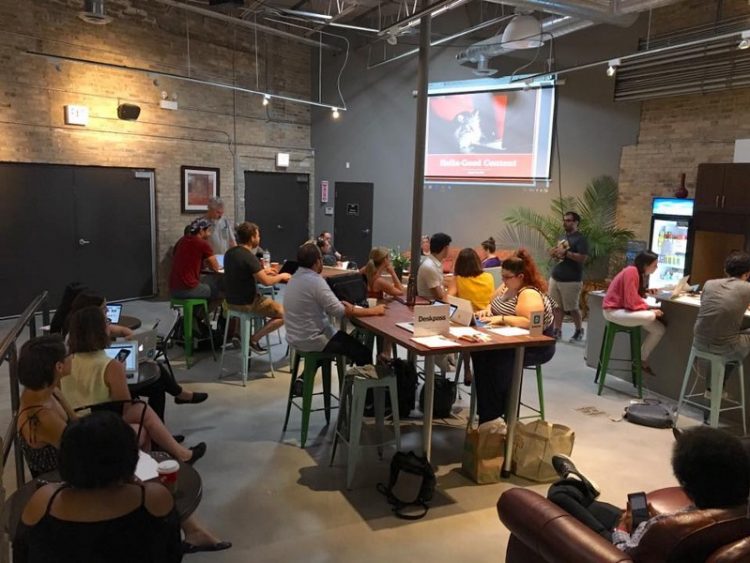

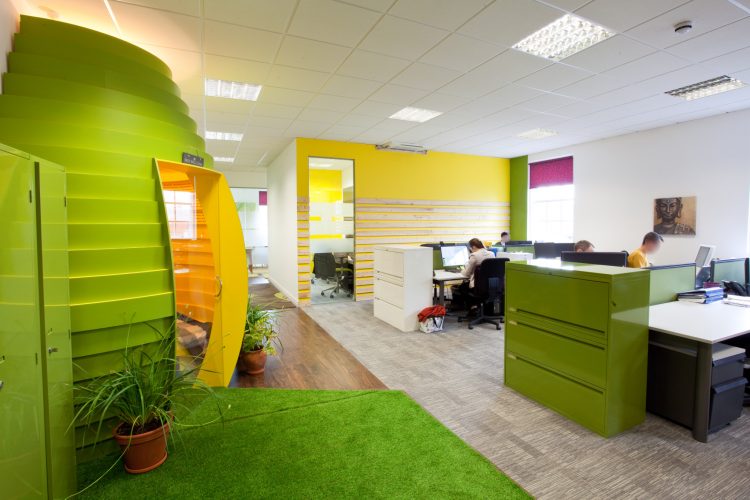

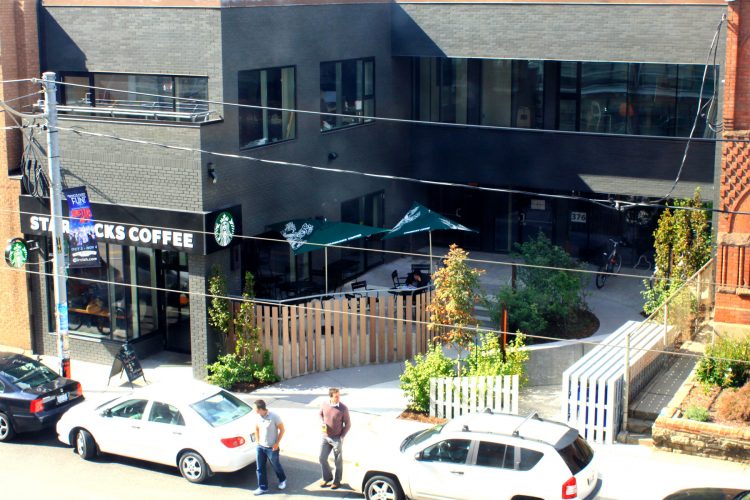





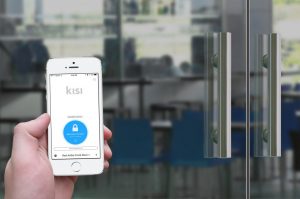

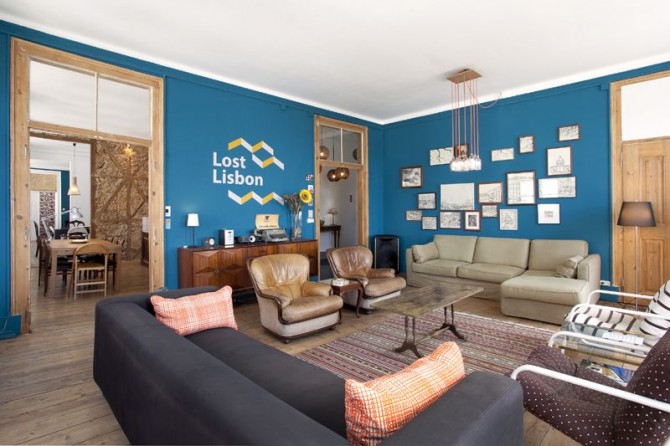

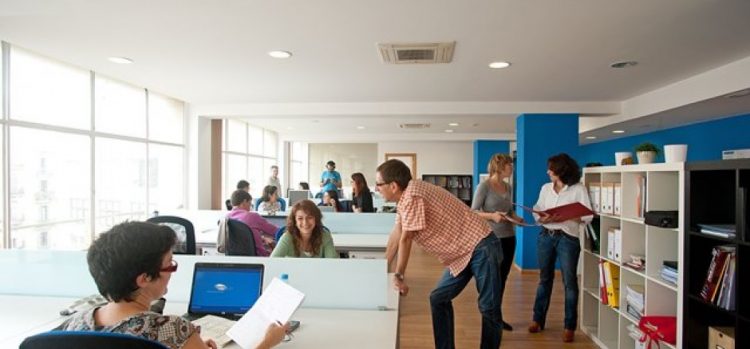

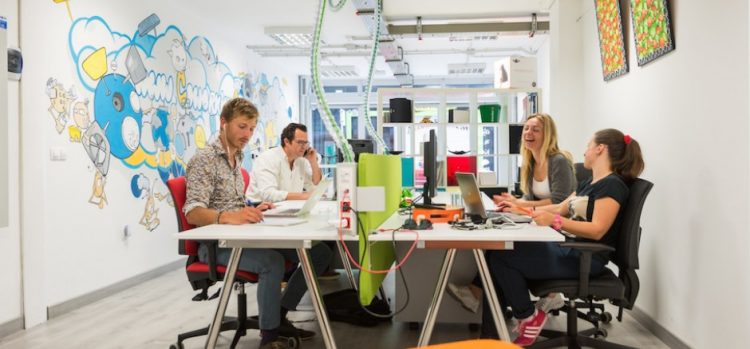

Recent Comments